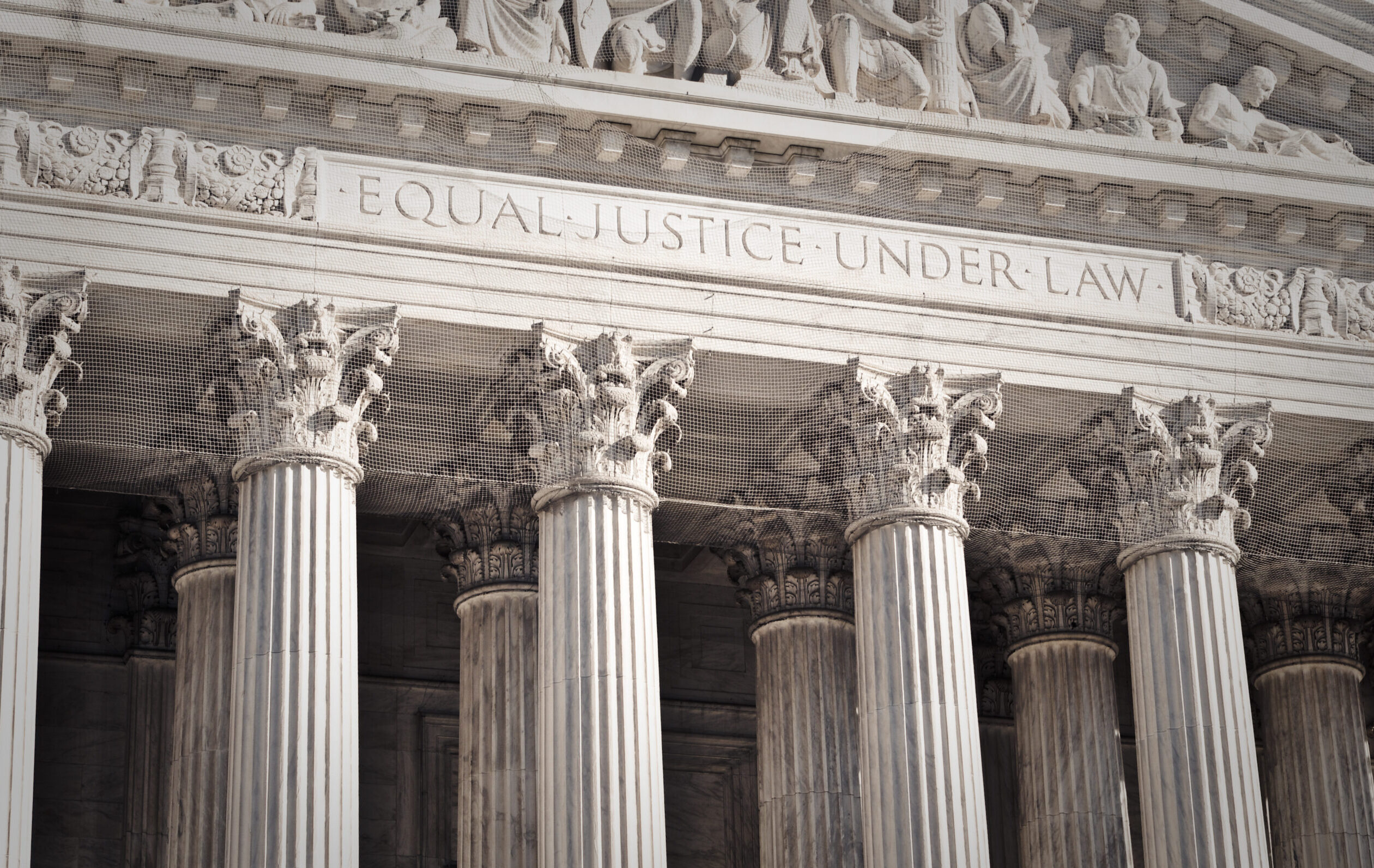State of the Union: In a significant decision, the Supreme Court has ruled unanimously to uphold Donald Trump’s placement on the primary ballot in Illinois and Maine, marking a pivotal moment in the ongoing legal battles surrounding the former President.
The ruling, delivered through a per curiam opinion, overturns the Colorado Supreme Court’s prior decision that sought to disqualify Trump from seeking re-election under Section 3 of the 14th Amendment. This section, implicated due to the events of January 6, 2021, pertains to insurrection or rebellion against the United States.
Central to the Supreme Court’s decision was the delineation of authority between state and federal bodies in enforcing Section 3. The Court asserted that while states possess the power to disqualify individuals from state offices, such authority does not extend to federal offices, particularly the Presidency. Instead, the responsibility for enforcing Section 3 concerning federal officials rests solely with Congress.

Accompanying the per curiam ruling were two concurring opinions from justices on opposite ends of the ideological spectrum. Justice Amy Coney Barrett emphasized the importance of unanimity in addressing politically charged issues, stressing the significance of a cohesive message to the American public.
Conversely, justices Sotomayor, Kagan, and Jackson expressed reservations about the majority’s reasoning, particularly concerning the limitations it imposes on federal enforcement avenues.
Trump hailed the decision as a “BIG WIN FOR AMERICA!!!” on Truth Social, while Colorado Secretary of State Jena Griswold voiced disappointment over the Court’s limitation of states’ authority in enforcing Section 3 for federal candidates.
Furthermore, the Supreme Court’s intervention guarantees Trump’s presence on the primary ballot in Illinois and Maine, overturning previous bans imposed in those states.
This ruling is not the final word from the Court on matters relating to Trump’s presidency. A decision is forthcoming in Trump’s presidential immunity case, ensuring continued attention on the judiciary’s role in shaping the political landscape leading up to the presidential election.
